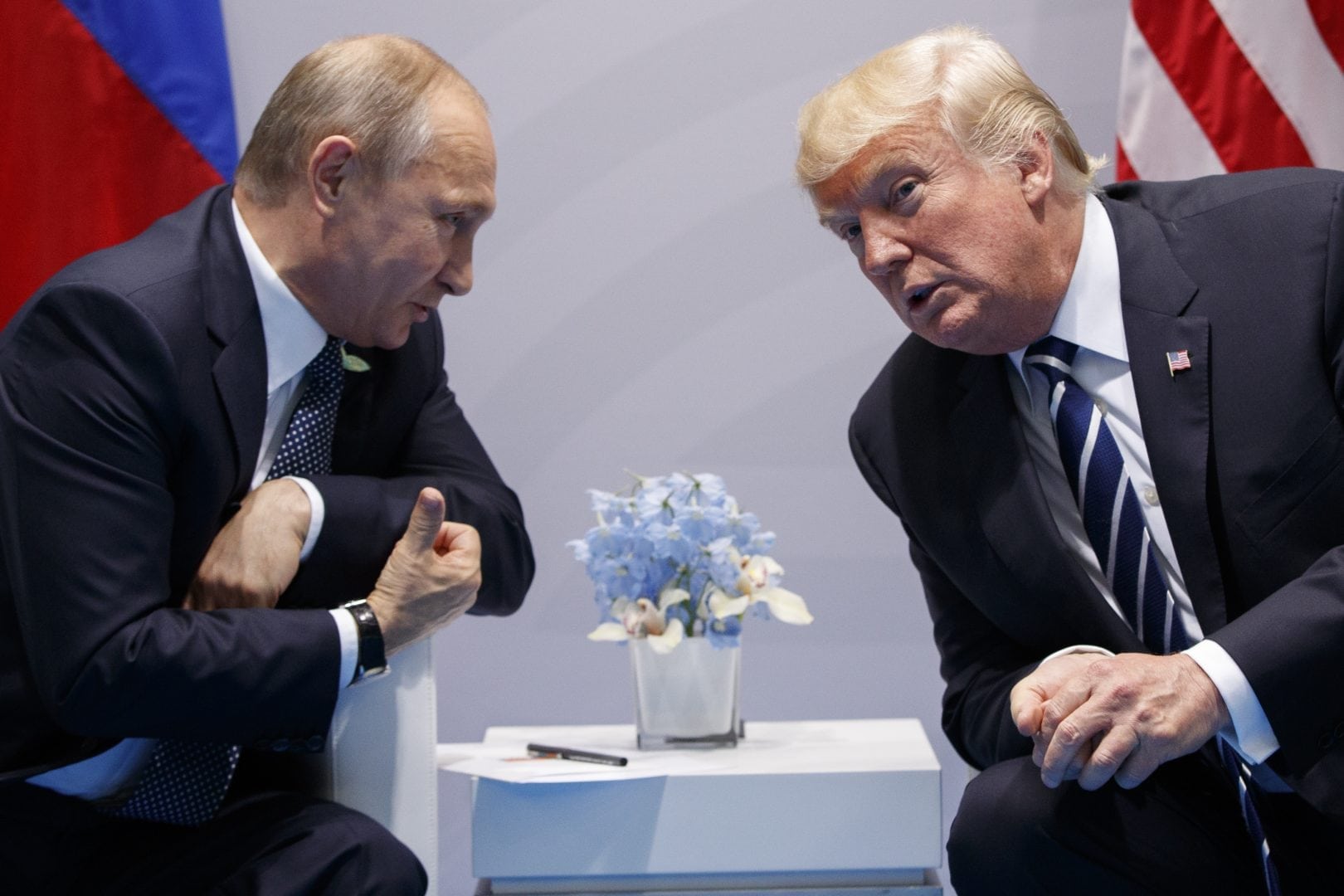Record Turnout as South Korea Prepares for Crucial Presidential Election
With the June 3 presidential election looming, early voters in South Korea are turning out in record numbers, driven by concerns over regional security and international relations.
Geopolitical Stakes Heighten
The upcoming presidential election is set against a backdrop of heightened tensions with China and a complicated relationship with the United States. President Donald Trump’s tariffs have strained ties between Seoul and Washington, prompting voters to seek a leader who can navigate these challenges effectively.
Lee Jae-myung, the leader of South Korea’s progressive Democratic Party, has emerged as the front-runner in the race. His “pragmatic” stance on geopolitical issues has caught the attention of both supporters and critics. Lee has proposed a reevaluation of South Korea’s relationship with China, suggesting a need to soften attitudes and reduce the country’s reliance on the United States.
Lee Jae-myung’s Vision for Diplomacy
During a recent debate, Lee emphasized the importance of the U.S.-South Korea alliance as a cornerstone of the nation’s foreign policy. “The alliance with the U.S. is the foundation of South Korea’s diplomacy,” he stated, as reported by Bloomberg. However, he also called for expanding partnerships that include Japan and cautioned against being “unilaterally bound” to U.S. interests, particularly in the face of competing geopolitical pressures.
“We should not neglect ties with China or Russia. We need to manage them appropriately without hostility like now,” he asserted, highlighting a desire for a more balanced diplomatic approach in a contentious international landscape.
Concerns Over China’s Expansion
The potential threat posed by China remains a significant point of contention in the election. Michelle Steel, a former GOP Congresswoman from California and South Korean native, raised alarms about China’s ambitions. “China poses the biggest threat, and they’ve announced plans to take over Taiwan,” she told Fox News Digital. Her comments reflect a broader sentiment among conservatives who feel that China’s aggressive posture could extend to South Korea, Japan, or the Philippines.
Foreign Policy at the Forefront
Foreign policy has taken center stage following the impeachment of former President Yoon Suk Yeol in December 2024, an event that left the nation grappling with political instability. Yoon’s administration was marked by strong opposition to Chinese incursions in the Yellow and East China Seas, where militarization and restricted navigation have become major issues.
Lee’s main opponent, Kim Moon-soo of the conservative People Power Party (PPP) and a former labor minister under Yoon, has been vocal in criticizing Lee’s approach to both China and the United States. Although Kim argues that Lee’s policies could jeopardize South Korea’s national security, Lee maintains that he prioritizes the South Korea-U.S. alliance.
“There’s no need to worry. The South Korea-U.S. alliance is important and should continue to grow and strengthen,” Lee contended, despite criticism regarding his approach to U.S.-China dynamics.
Political and Economic Implications
Lee’s position on U.S. relations has not assuaged all concerns. Critics, including David Eunkoo Kim from the conservative youth organization Truth Forum, have expressed alarm over Lee’s past affiliations with pro-North Korean and pro-Chinese agendas. “This election is pivotal for South Korea due to high domestic and geopolitical stakes,” Kim remarked.
The controversy surrounding Lee includes allegations of involvement in a cash transfer scheme to North Korea, which he denies as politically motivated. Nevertheless, his opponents paint him as a potential “North Korea risk,” especially as tensions with Pyongyang escalate.
Future of U.S.-South Korea Relations
Looking ahead, Lee has warned that the current trajectory of U.S. foreign policy could undermine the alliance’s effectiveness. “If the U.S. continues this way — weakening its soft power and trust of other nations — it won’t be sustainable,” he cautioned. His remarks reflect an understanding of the fragility of international alliances in an age of shifting power dynamics.
Steel, on the other hand, advocates for a stronger bond with the U.S., suggesting that “South Korean people understand the importance of a strong U.S. relationship.” She urged South Korean leaders to prioritize beneficial trade deals, irrespective of the election outcome.
The Stakes of the Election
As the election approaches, the candidates’ positions on national security and foreign policy are likely to play a crucial role in voters’ decisions. With threats from North Korea and China’s assertive actions in the region, South Koreans are keenly aware of the implications their choice will have on future relations and domestic stability.
“With multiple criminal investigations looming, he might clamor for power at all costs, even if it means aligning more with Beijing,” warned Kim regarding Lee’s current legal troubles. This concern emphasizes the intricate interplay between domestic politics and foreign policy, setting the stage for a potentially transformative election for South Korea.
